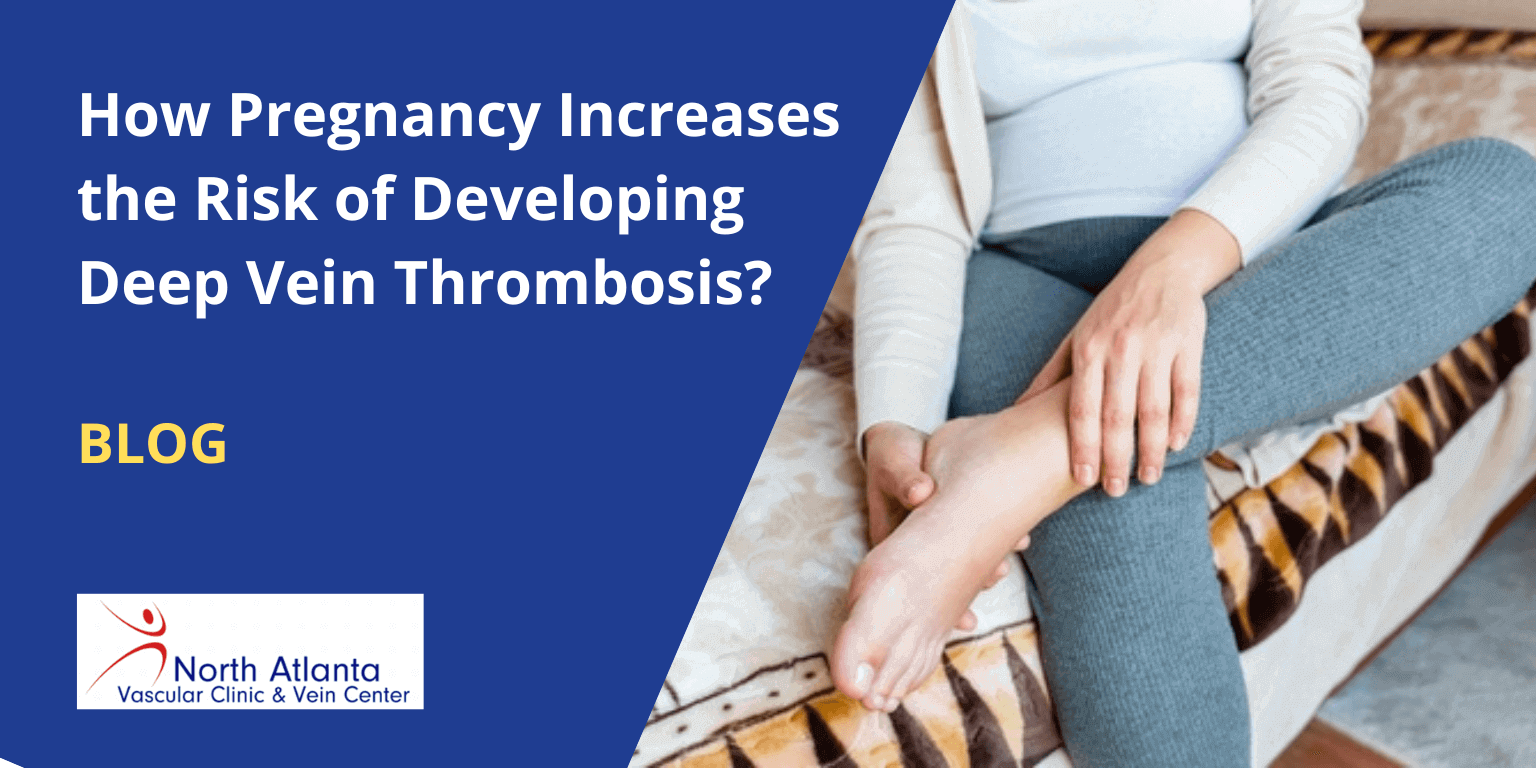



Deep vein thrombosis, or DVT, is a medical condition characterized by blood clots in the deep veins of the body. Generally, it occurs in the lower legs but can affect arms, pelvis, or thighs as well. Excessive blood clotting can lead to the restrictive circulation of blood to the heart, which can eventually lead to several health conditions.
Deep vein thrombosis can happen because of a number of reasons like lifestyle issues, family history of blood clots, pregnancy, obesity, and a sedentary lifestyle, but here, we will focus on pregnancy and DVT.
According to research, DVT happens in around 2 out of 1000 pregnant women, but the risk increases in women over 35 or pregnant with twins. Hence, it’s important to learn about its causes and prevention.
During pregnancy, the body undergoes many changes. The hormones are not in a balanced state as the body is preparing itself for the birth of the baby. During pregnancy, you are more prone to having blood clots as clotting of the blood will result in less blood loss during delivery of the child. This is how there is an increased risk of developing deep vein thrombosis during pregnancy. The risk is still on the higher side during childbirth and up to 6 months after childbirth.
DVT does not have any serious impact on the development of the baby unless there are serious complications. If there is a concern, your provider will give you proper treatment and medications for a safe pregnancy.
Symptoms of DVT can vary from person to person. Some of the common symptoms of DVT are mentioned below:
There are certain risk factors that should be kept in mind as they can increase the risk of developing deep vein thrombosis during pregnancy. These risk factors are
If you are in the range of high risk, you can help decrease the chances of developing DVT in your pregnancy by following the tips suggested by our experts.
When you notice the above-mentioned symptoms of DVT, you should immediately visit your doctor. Don’t wait for the symptoms to get severe. Your doctor will provide all the necessary tests and treatment. Proper DVT treatment in pregnancy will save you and your little one from further complications.
If you are experiencing symptoms of DVT during pregnancy and you are looking for specialized doctors in Atlanta, contact the experts of North Atlanta Vascular Clinic.
You can visit any of our four locations in Suwanee, Cumming, Alpharetta, or Lawrenceville, Georgia. We provide an array of vascular and venous disorders, including DVT in pregnancy, in a relaxed and friendly environment.